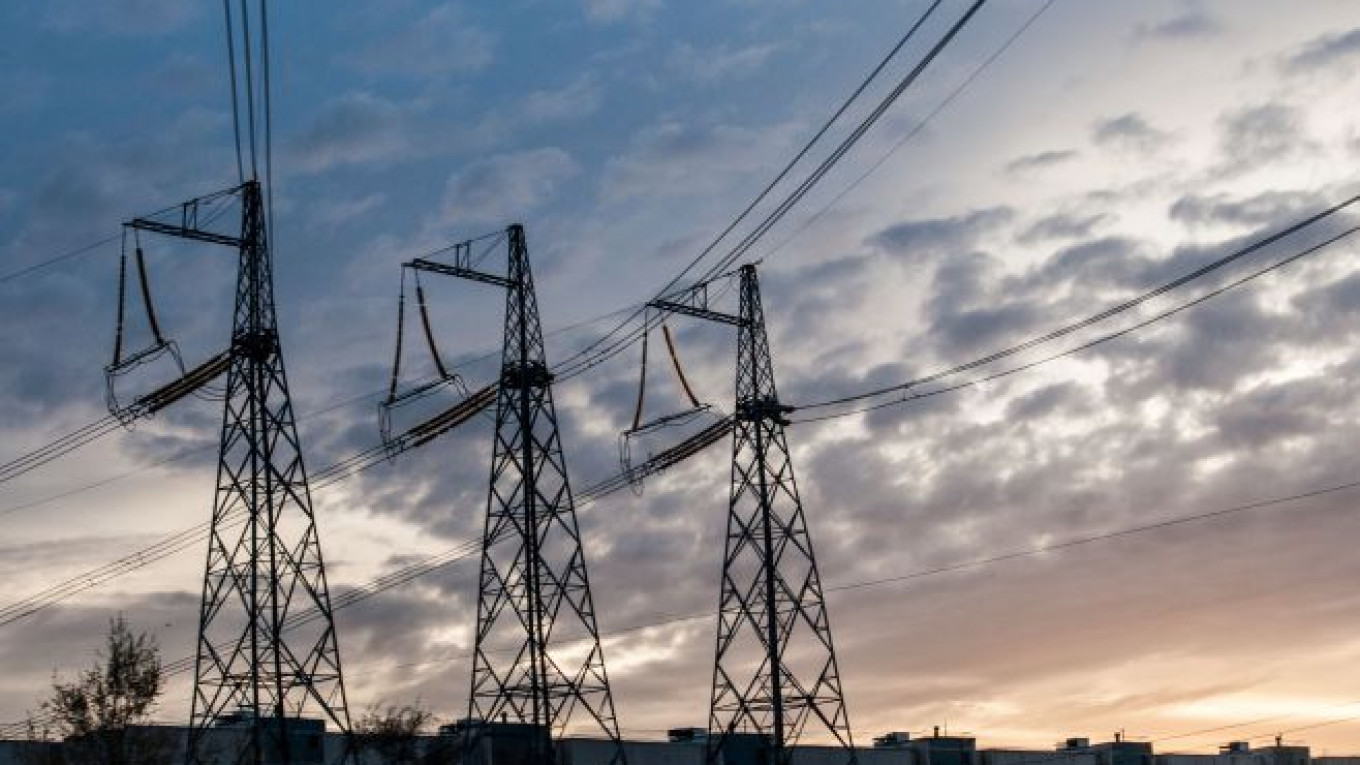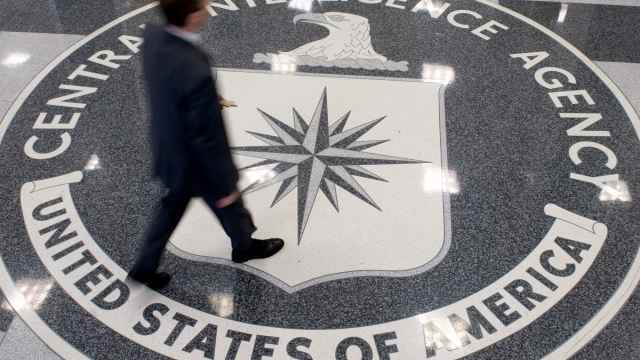Russia's biggest power grid company has been driven into the ground with excessive and flagrant expenses on everything from inflated salaries to renting an airplane for its directors' convenience, a probe by the state Audit Chamber found.
All told, net losses at the state-owned Federal Grid Company of Unified Energy Systems, or FGC UES, rose from 2 billion rubles ($58 million) in 2011 to more than 25 billion rubles ($730 million) last year, auditor Valery Bogomolov discovered during a planned review of the company, according to a statement on the Audit Chamber's website.
"As a result, no taxes on its profits are coming to the federal budget, and the government as a shareholder is not receiving any dividends," the statement quoted Bogomolov as saying.
Meanwhile, payouts to the company's managers have nearly tripled over the past four years, rising from 176 million rubles ($5 million) in 2010 to 505 million rubles ($15 million) in 2013.
The spike in 2013 was partially explained by the one-time expense of severance packages totaling 141 million rubles ($3.8 million), Bogomolov said. Most of these departed executives then went on to work in another state-owned power grid operator, Rosseti.
FGC UES was also found to have "improperly" kept its books, to the extent that records on how it spent government funds totaling 29 billion rubles ($846 million) between the third quarter of 2010 and the second quarter of 2011 are simply missing.
The company is accused of misusing money explicitly earmarked for investment programs, sending 2 billion rubles ($58 million) that was intended to pump up its charter capital for later use in investment into short-term promissory notes instead.
Altogether, only 72 percent of the goals of the company's investment program for the period from 2011 to 2013 were fulfilled, Bogomolov said, while 95 percent of the cash, or 514 billion rubles ($15 billion) was spent.
A number of decidedly fishy expenses were also revealed along the way. FGC UES was found to have spent 1.7 billion rubles ($50 million) on a program called "Sky," which entailed renting an aircraft for the managers' convenience.
The company now says that is spent more than 616 million rubles ($18 million) on charter flights — a claim the tax authorities are unlikely to recognize, as the company "does not have the necessary primary documents," Bogomolov said.
One of the company's subsidiaries — MES South, which services the main power grid in the South Caucasus — was found not only to have bought a yacht, but to have inflated the size of the purchase on its books by 10.7 million rubles ($312,000).
"Meanwhile, from 2011 to 2013 the purchased yacht was not used used for business purposes, and expenditures on servicing it amounted to 1.1 million rubles ($32,000) at the moment the audit was conducted," the statement said.
A Message from The Moscow Times:
Dear readers,
We are facing unprecedented challenges. Russia's Prosecutor General's Office has designated The Moscow Times as an "undesirable" organization, criminalizing our work and putting our staff at risk of prosecution. This follows our earlier unjust labeling as a "foreign agent."
These actions are direct attempts to silence independent journalism in Russia. The authorities claim our work "discredits the decisions of the Russian leadership." We see things differently: we strive to provide accurate, unbiased reporting on Russia.
We, the journalists of The Moscow Times, refuse to be silenced. But to continue our work, we need your help.
Your support, no matter how small, makes a world of difference. If you can, please support us monthly starting from just $2. It's quick to set up, and every contribution makes a significant impact.
By supporting The Moscow Times, you're defending open, independent journalism in the face of repression. Thank you for standing with us.
Remind me later.






